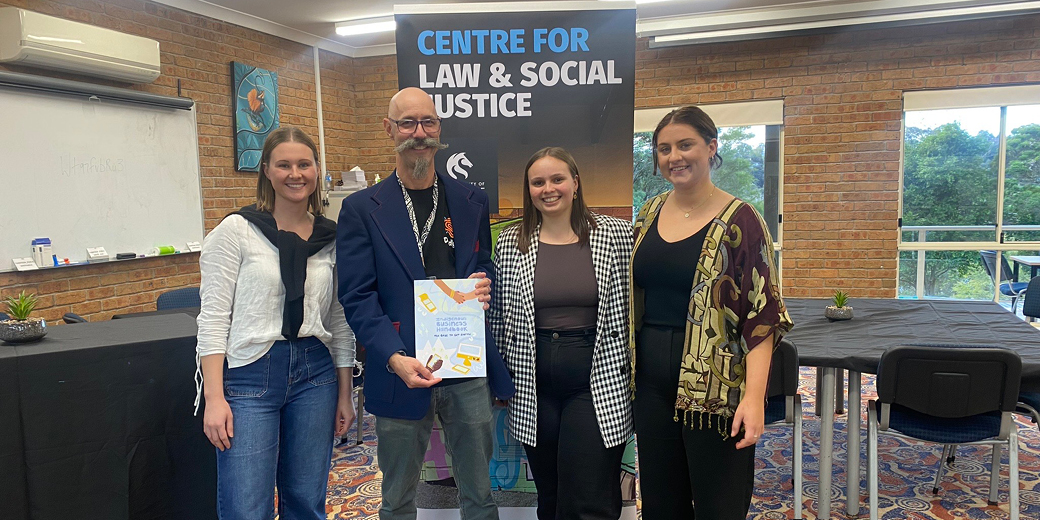In no uncertain terms heading to court is costly. The high price of seeking justice not only impedes access to justice for individuals, it prevents precedents being set by courts and risks undermining public faith in the legal system.
The College spoke to Wayne Attrill, a Senior Investment manager with IMF Bentham, a global litigation funding firm, on how litigation funding works alongside lawyers to help meritorious claims, its somewhat controversial history, and its increasing role in resolving disputes.
“Litigation funding enables access to justice for claimants whose claims may be too small to pursue on an individual basis and for claimants who may have strong, high value claims but insufficient financial resources to pursue those claims,” explained Attrill.
Historically speaking, funding litigation in which one had no interest was a crime and tort under the ancient common law of maintenance. Receiving a share of gains from legal action one funded, but lacks an interest in, was also a crime and tort under the law of champerty.
However, these laws were regarded as “obsolete” by the Australian High Court in 2006, and as crimes they have been abolished by statute in New South Wales, Victoria, South Australia and the Australian Capital Territory.
According to Attrill, litigation funding has played (and continues to play) an important role in Australia’s civil justice system. Since its establishment in 2001, IMF Bentham has obtained AUD $2 billion in total recoveries, with AUD $1.258 billion in returns for clients. With a 90% success rate on cases funded, the majority of its cases are settled.
“Funders such as IMF Bentham provide funding for the significant costs which are incurred in bringing such claims, and for the adverse costs risk. This financial support has meant that significant compensation has been recovered for victims of corporate misconduct,” said Attrill.
In addition, litigation funding assists with the recovery of assets for the benefit of creditors of insolvent companies and individuals, as well as funding arbitration claims.
Attrill, who has over 10 years’ experience with IMF Bentham following a career as a litigator and litigation management specialist, manages a portfolio of funded cases for IMF Bentham. He is also a member of IMF Bentham’s Investment Committee which selects the cases for funding.
“IMF Bentham is not a law firm and does not provide legal advice,” explained Attrill. Rather, it works alongside class action, commercial litigation and insolvency lawyers to fund, investigate and manage litigation claims.
“IMF typically agrees to meet the litigant’s legal costs and disbursements, provide any security for costs and pay any adverse costs orders should the litigation fail. The lawyers retained by the litigant provide legal services to the litigant which (subject to the terms of the funding agreement) are paid for by IMF Bentham. Our objective is to maximise the value of funded claims,” said Attrill.
In future, Attrill predicts that litigation funding will be likely subject to “more active Court supervision.”
“As the costs and risks of bringing litigation claims are unlikely to diminish, litigation funding will continue to serve an important role in enabling access to justice. Further, solvent corporate plaintiffs will be motivated to explore litigation funding more frequently as a way to efficiently pursue claims and manage the risks associated with litigation.”



















![How to handle Direct Speech after Gan v Xie [2023] NSWCA 163](https://images4.cmp.optimizely.com/assets/Lawyer+Up+direct+speech+in+drafting+NSW+legislation+OCT232.jpg/Zz1hNDU4YzQyMjQzNzkxMWVmYjFlNGY2ODk3ZWMxNzE0Mw==)








































































